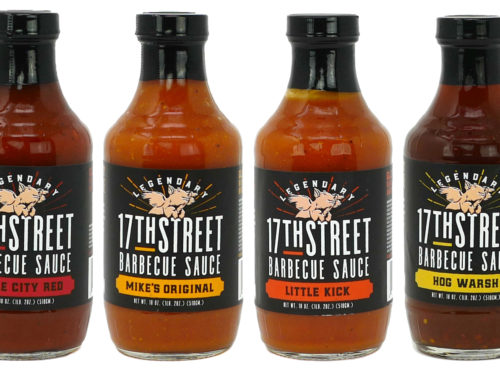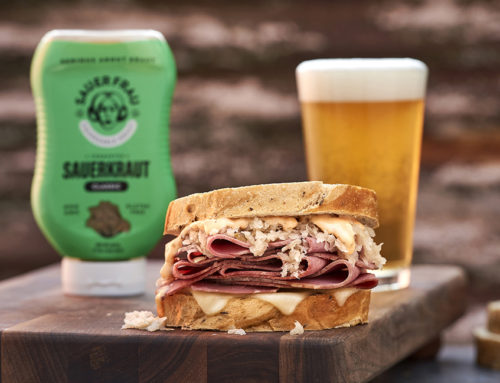Pilot Knob Comforts is a fifth-generation family farm in Oneida, Illinois, established all the way back in 1887.
Farming is a hard business. You’re susceptible to many conditions out of your control, such as weather, domestic issues, foreign factors, and trends in the food industry. Pair this uncertainty with an end-product like feed-corn or soybeans, which are commodities with thin margins, and this volatility equates to major risk.
This was the case with Pilot Knob, as their annual yield was almost exclusively commodity crops.
The current generation made the decision 5 years ago to begin diversifying by planting a value-added, premium crop. They set aside significant acreage to grow popcorn; but not just any popcorn – heirloom blue and red popcorn varieties that were hull-less. By improving the consumer eating experience with a toothpick-free product, they felt they had a winning idea.
But launching a consumer brand is never easy.
Fortunately, Pilot Knob had the expertise of PCS on their side. To help them introduce this tremendous farm-to-table, sustainably-farmed, premium popcorn to a national audience, PCS developed a blueprint that began with business strategy, but quickly moved to brand development and packaging design.
We started with their flagship product which was kernels of blue and red popcorn. We sourced a pouch printer that met our needs, and produced a wonderful new brand, which was introduced to the market.
Pilot Knob also had an innovative product they had been marketing as a three-pack. It was a whole cob of popcorn, dried to just the right moisture level to allow for microwave popping – right on the cob! You simply place the cob in a brown paper sack, and microwave for 95 seconds. You get a full bag of wonderfully flavorful, fresh-from-the-farm, right-off-the-cob popcorn.
PCS worked with Pilot Knob to optimize this product for a market starving for innovation. By reducing the product to a single-pack, 1-cob bag, we were able to meet a much more attractive price point. We branded the new product as a Popcob, developed new packaging, and introduced it to the market.
The Popcob was a sensation. It sold like hotcakes; so well, in fact, that by August, inventory was dangerously low. When we asked them to ship more to the warehouse, we were informed that the cob crop yield was low. Unfortunately, more Popcobs wouldn’t be available until November! We learned a valuable lesson that day to always understand our clients’ capacity and to sell within those boundaries.
They’ve since planned up their acreage, and we’ve increased their national presence steadily.



